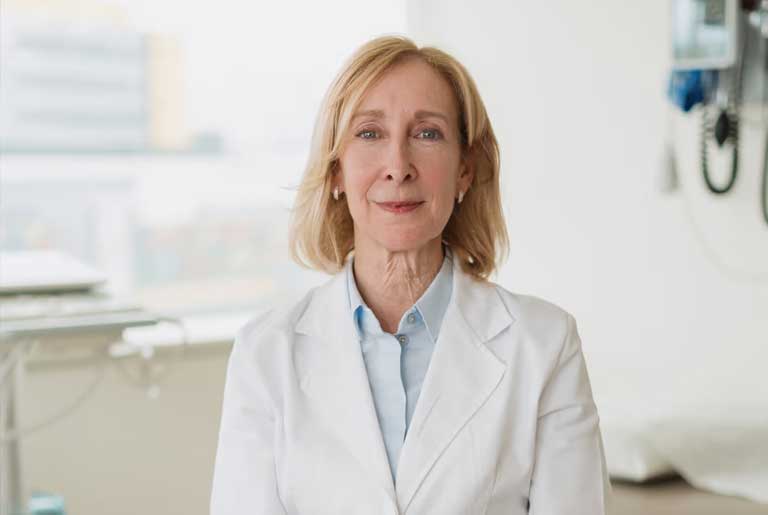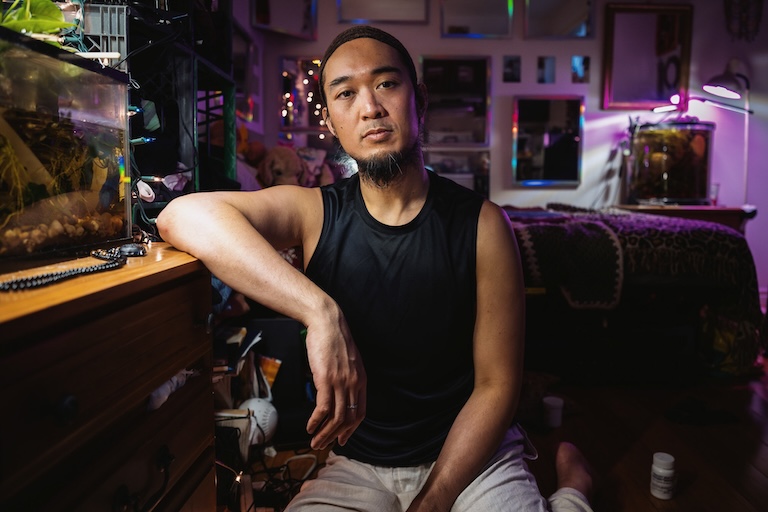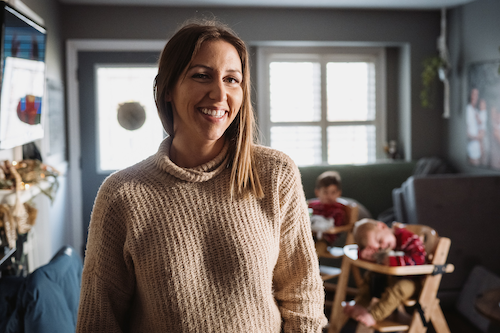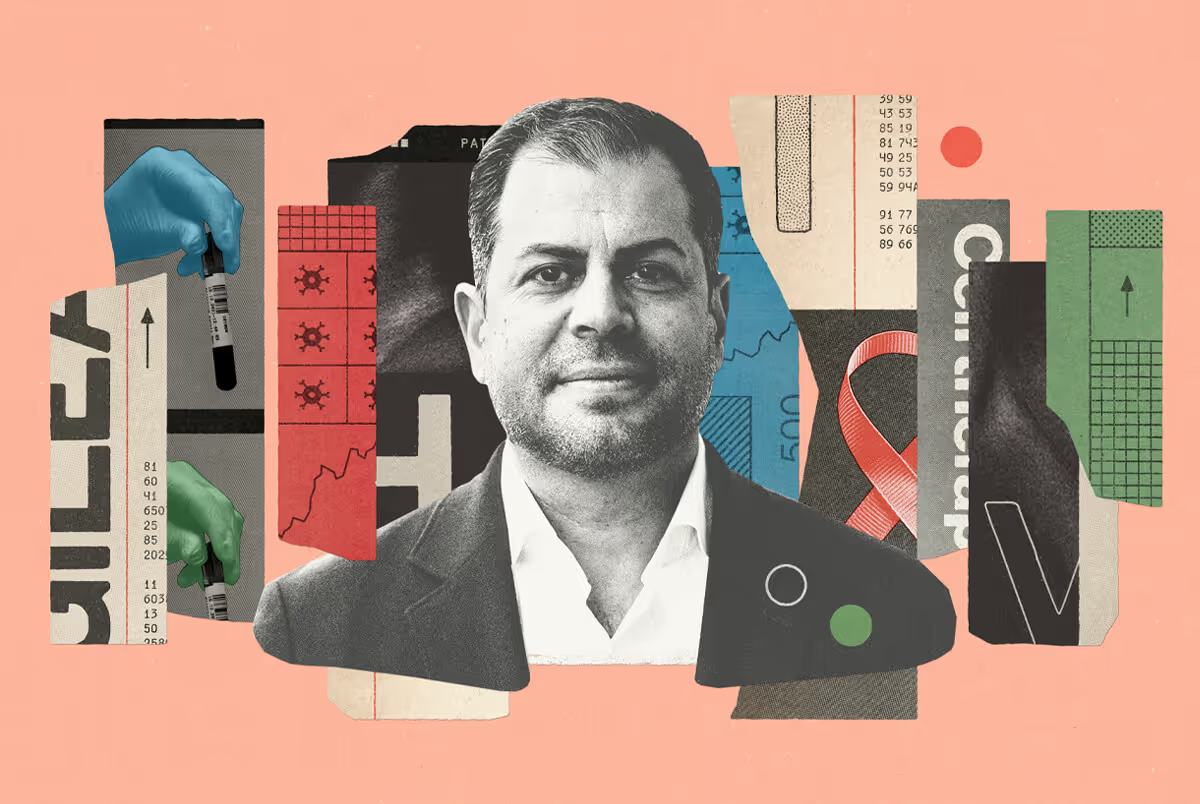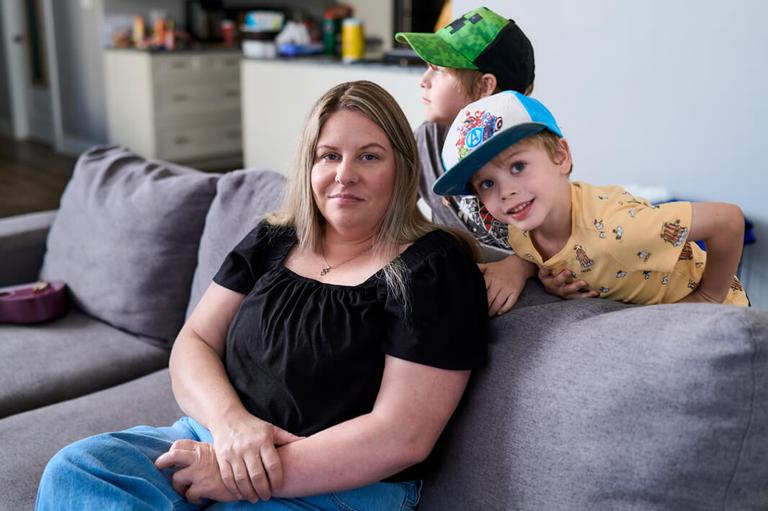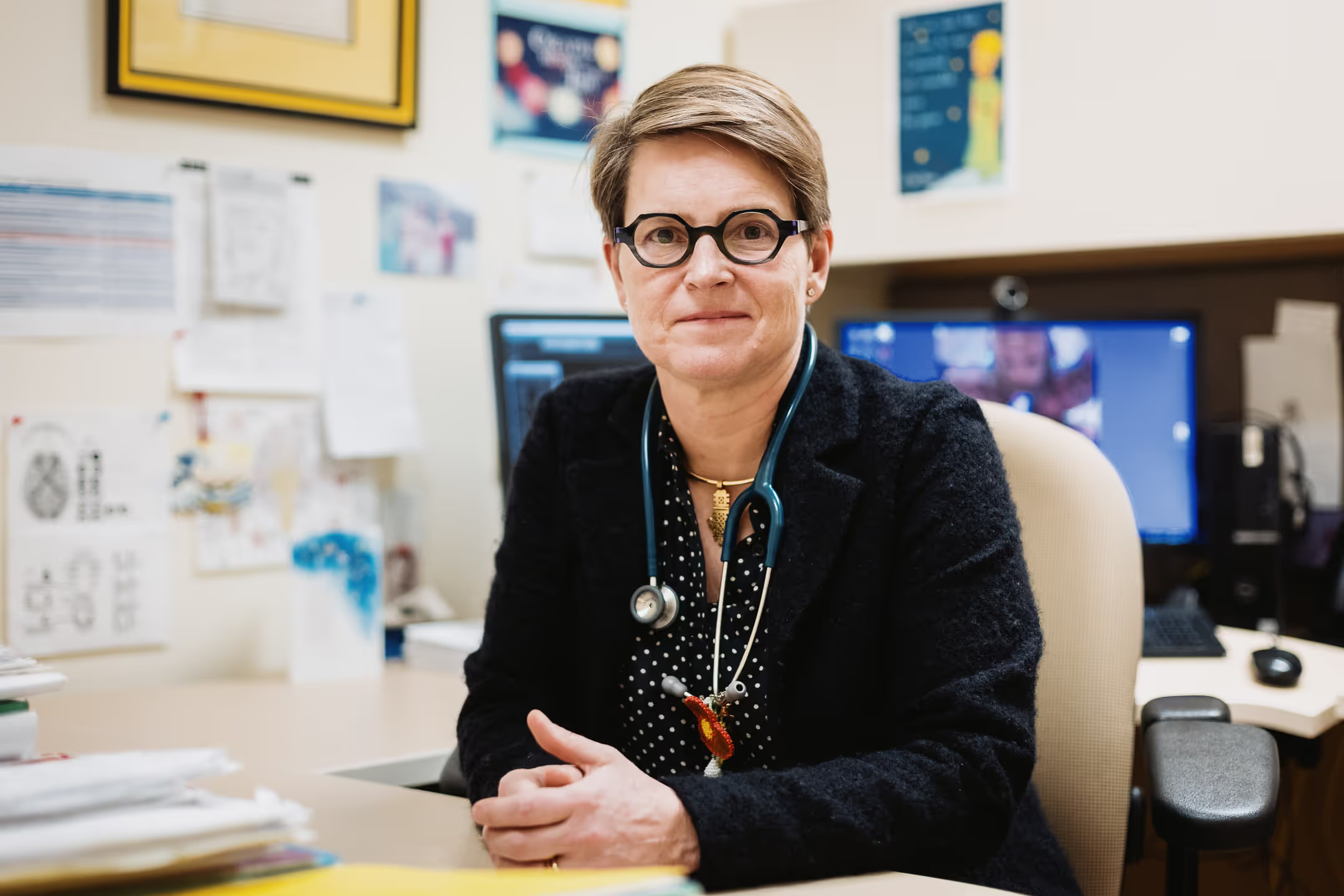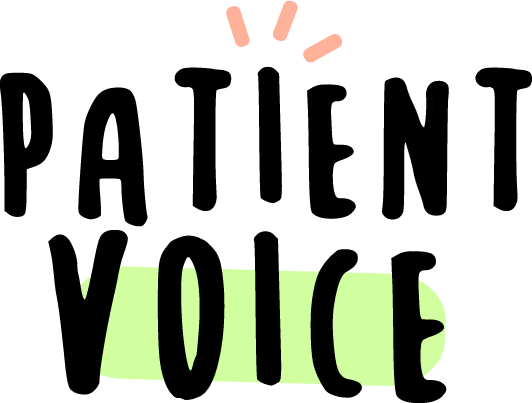“I’ve been dealing with symptoms of depression and anxiety since I was 14, but these things weren’t really topics of conversation back then. I was in undergrad by the time I met someone who made me feel comfortable talking about my mental health. That was when my journey really started. I actually went to California to get a master’s degree in counselling before realizing that I didn’t have it in me to be a therapist.
It was after I got back from the States that I started having a really hard time. I walked myself into the ER one day and ended up having a stay in the psych ward. That was a real turning point for me. I finally asked myself, ‘What do I want to do with my life?’
I realized that more than anything else I wanted to share and communicate. I wanted to do what I could to take the mental health conversation public and destigmatize it. On a whim, I started an Instagram page (@mentalhealthyxe). I don’t know if it was just exactly the right moment in the zeitgeist, but it took off straight away. I had people messaging me saying that they’d never heard anyone else talk so openly about these issues. That they had thought they were alone.
“I wanted to do what I could to take the mental health conversation public and destigmatize it.”
People were writing to me and saying that because of a post of mine they decided to try medication for the first time, or they decided to try therapy for the first time. It felt amazing to be tangibly helping people. Discovering that I could make a real difference in this way also empowered and emboldened me to begin advocating on a broader scale. Advocating for institutional change.
In addition to depression and anxiety, I also live with complex post-traumatic stress disorder (CPTSD) and I’ve been working very hard to get this recognized as a genuine diagnosis in Canada. It’s really frustrating right now for people living with CPTSD symptoms, because official recognition is so important for building community and fighting isolation. Being able to give a name to your condition is precisely what lets you realize you’re not the only one dealing with it.
That’s my biggest message today, as it has been from the beginning. You are not alone.”

